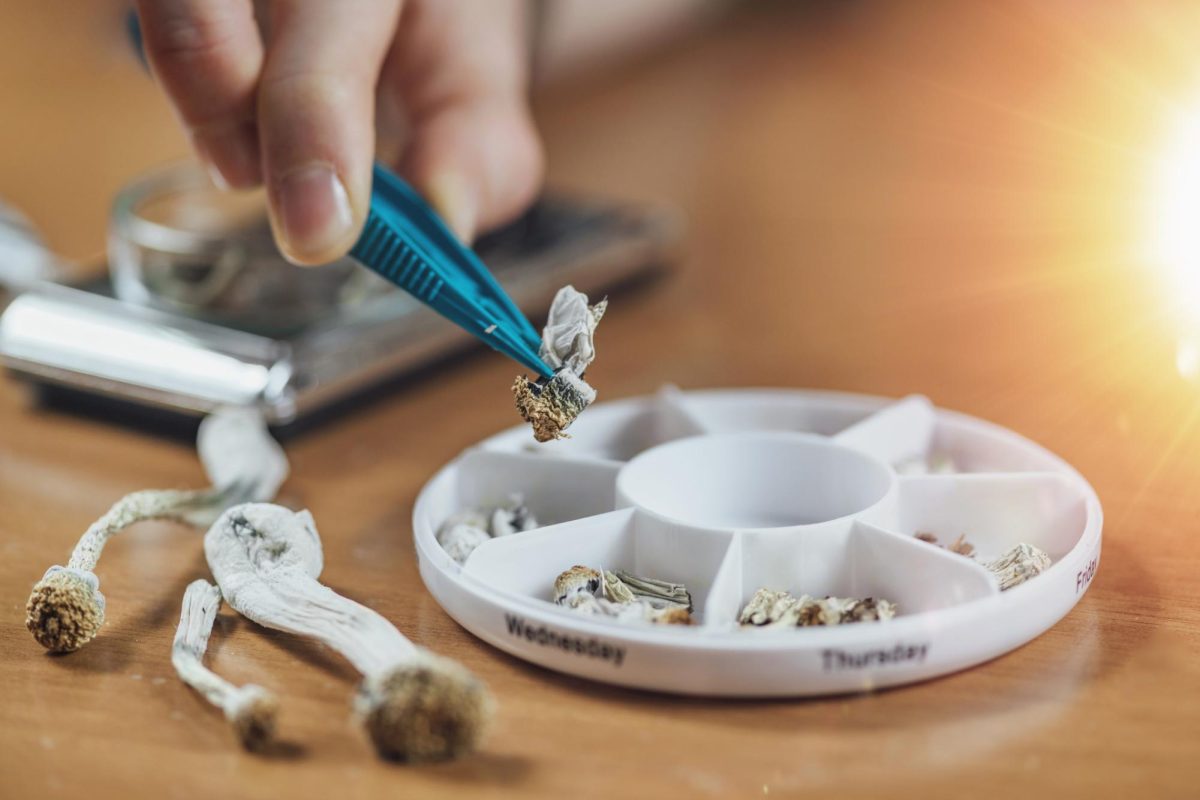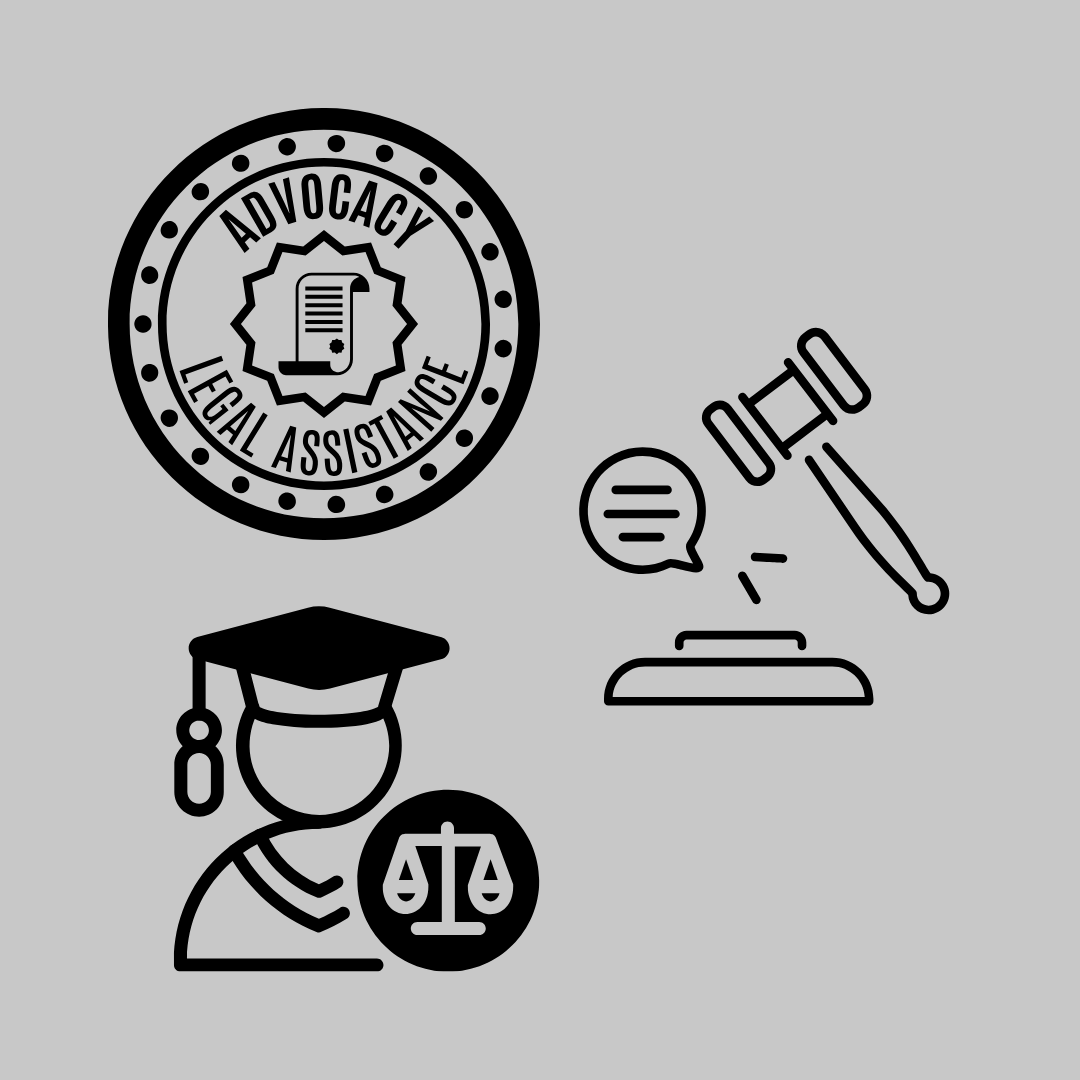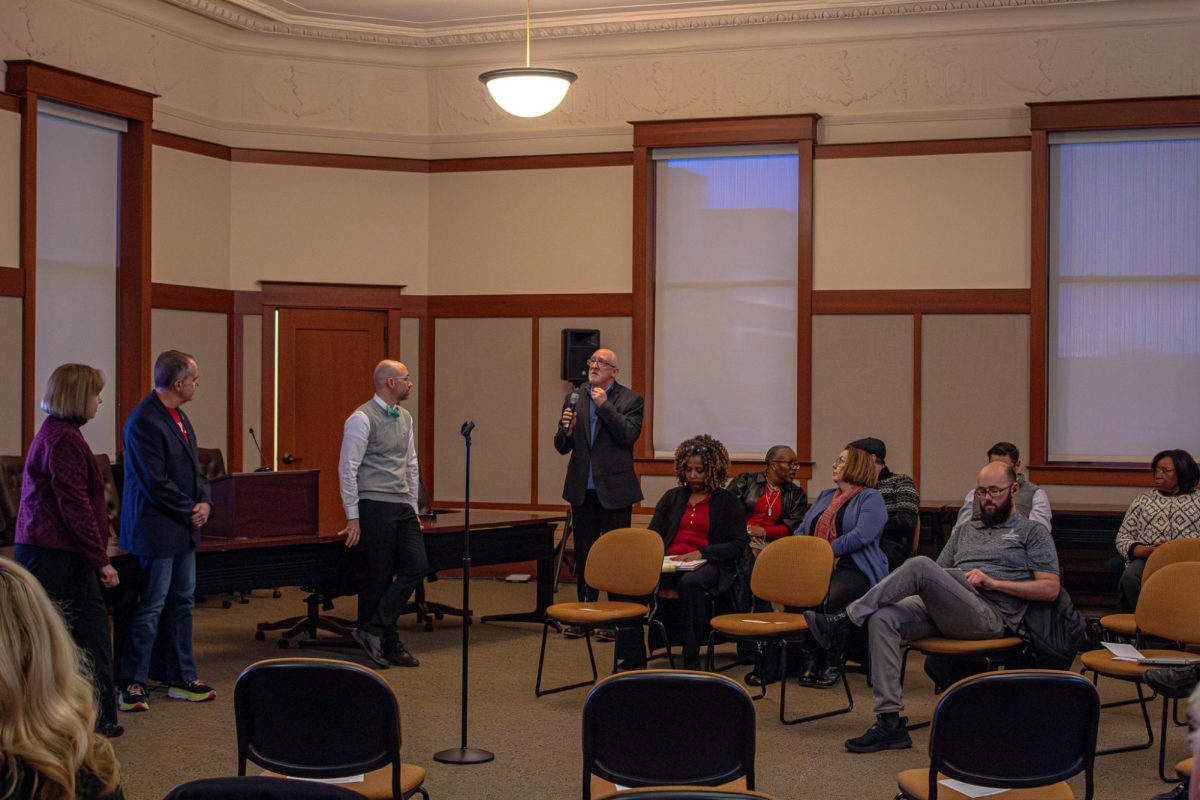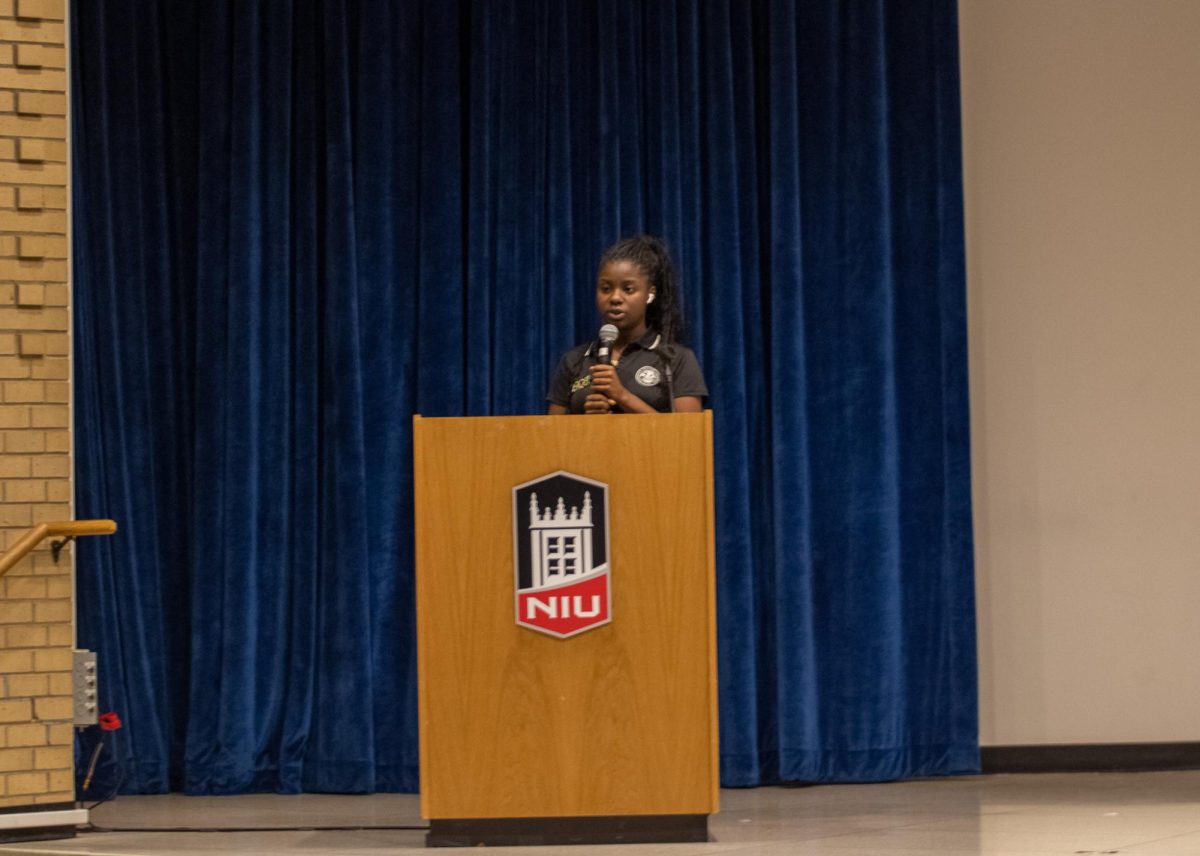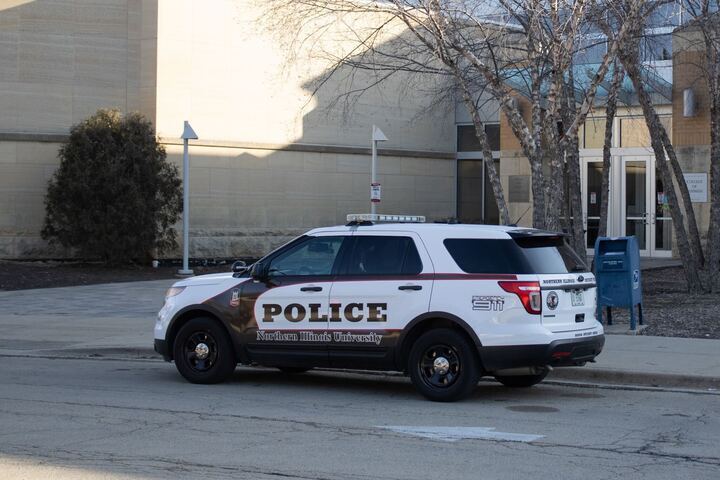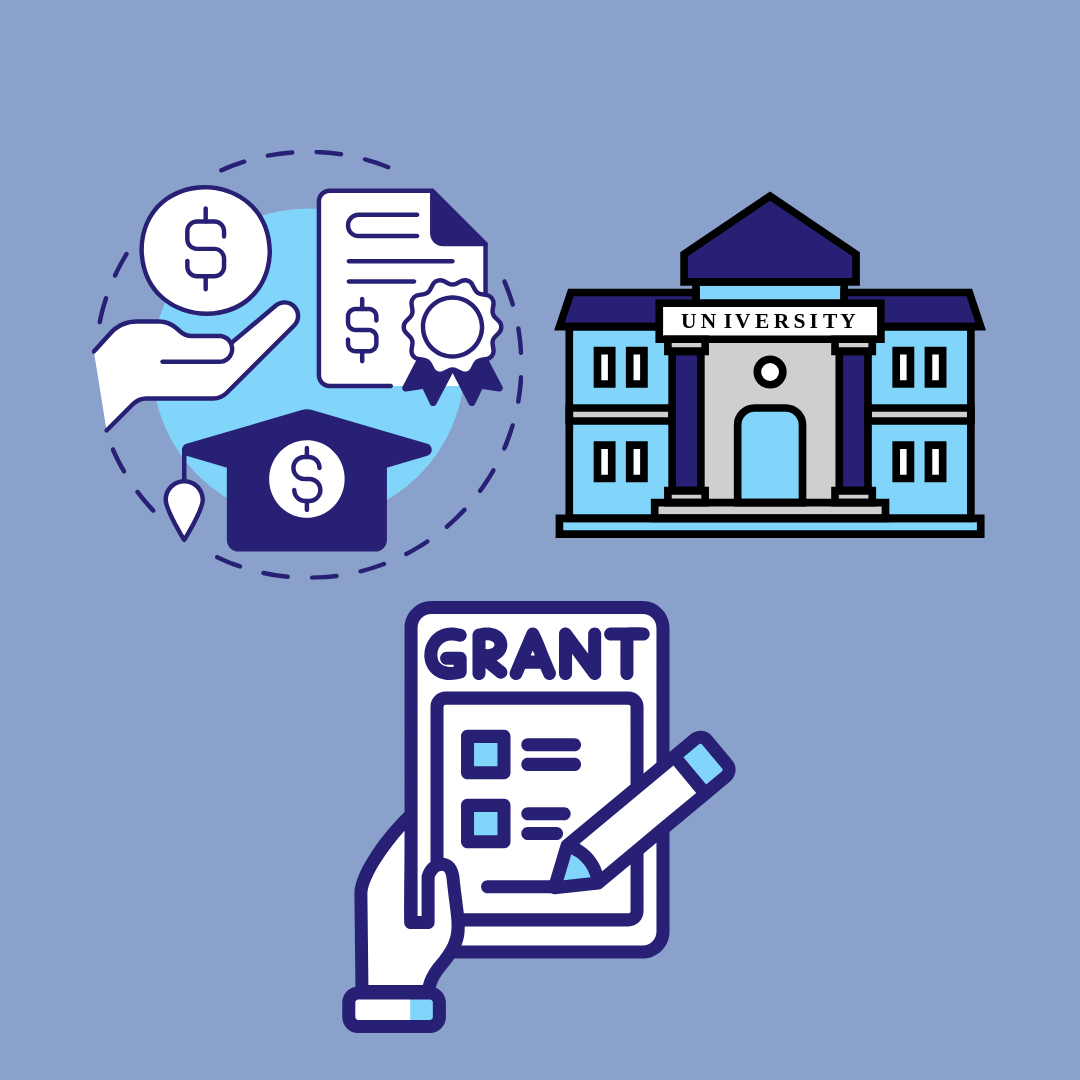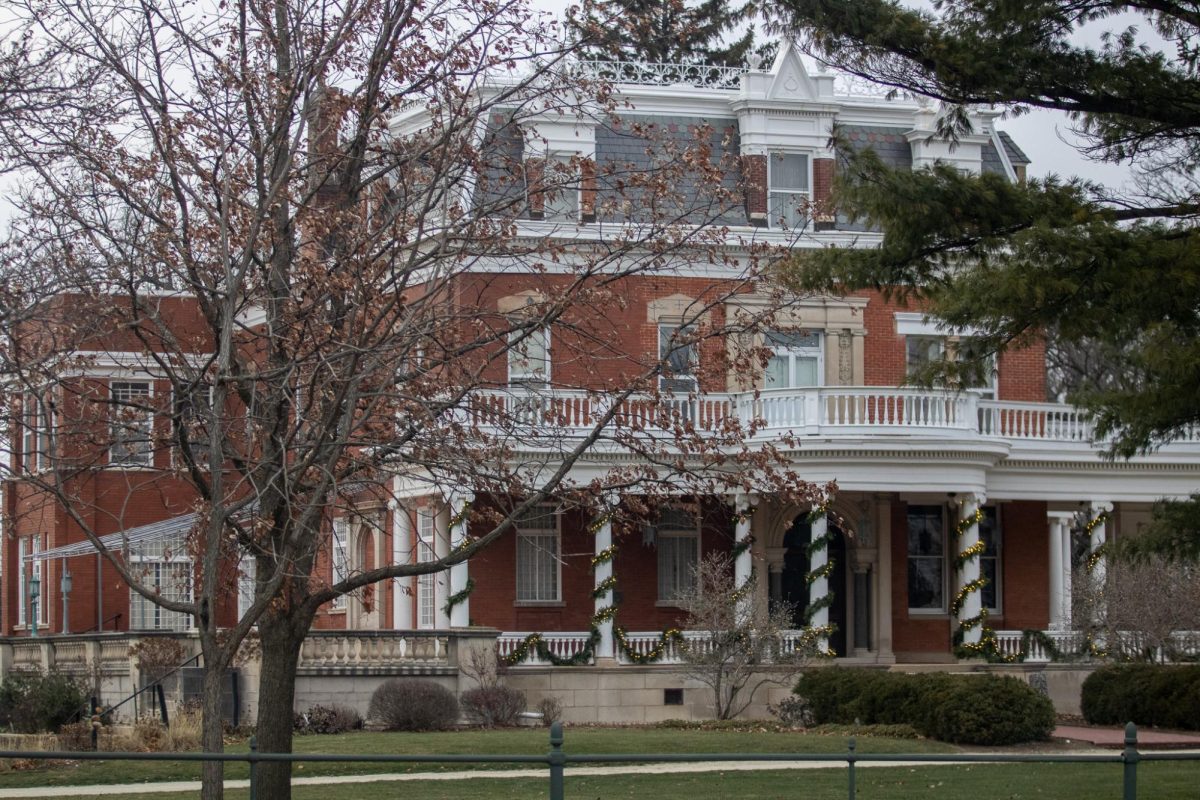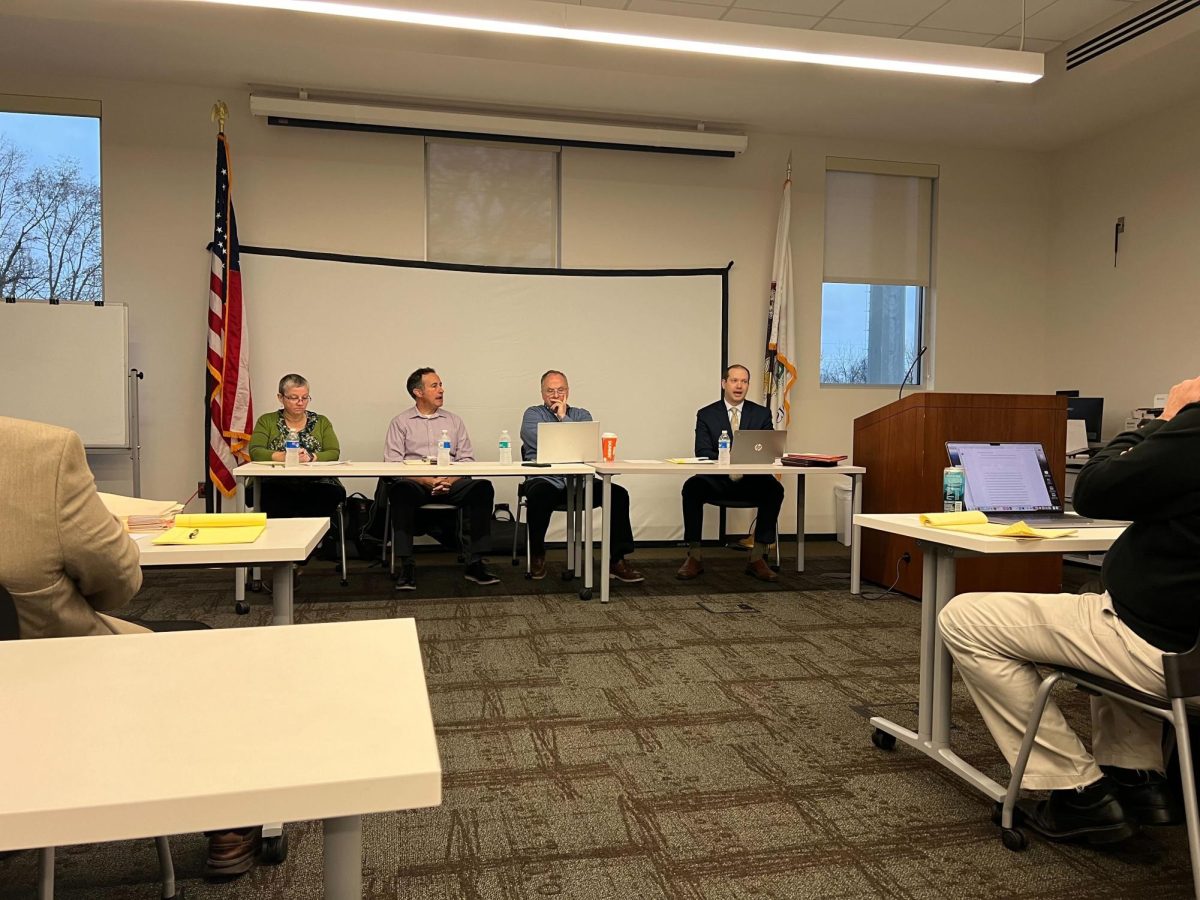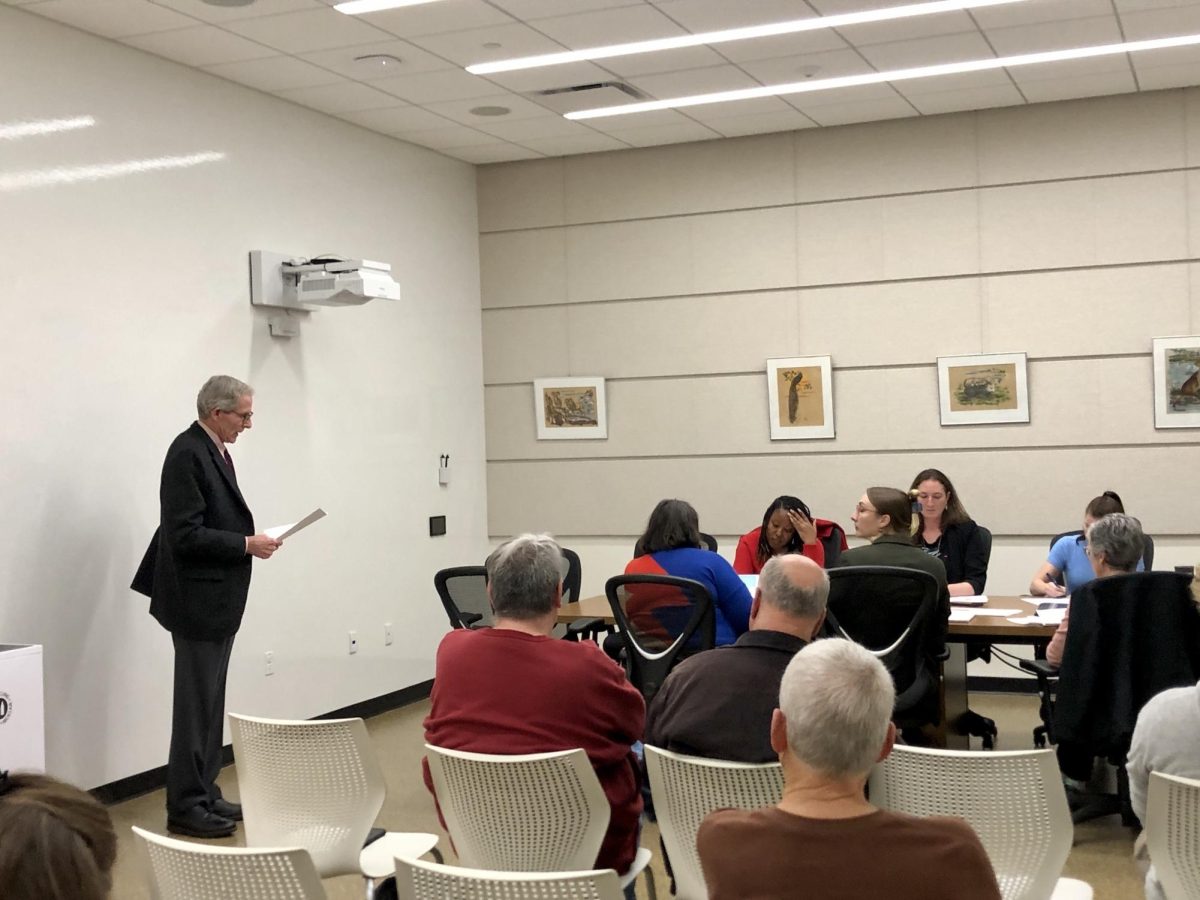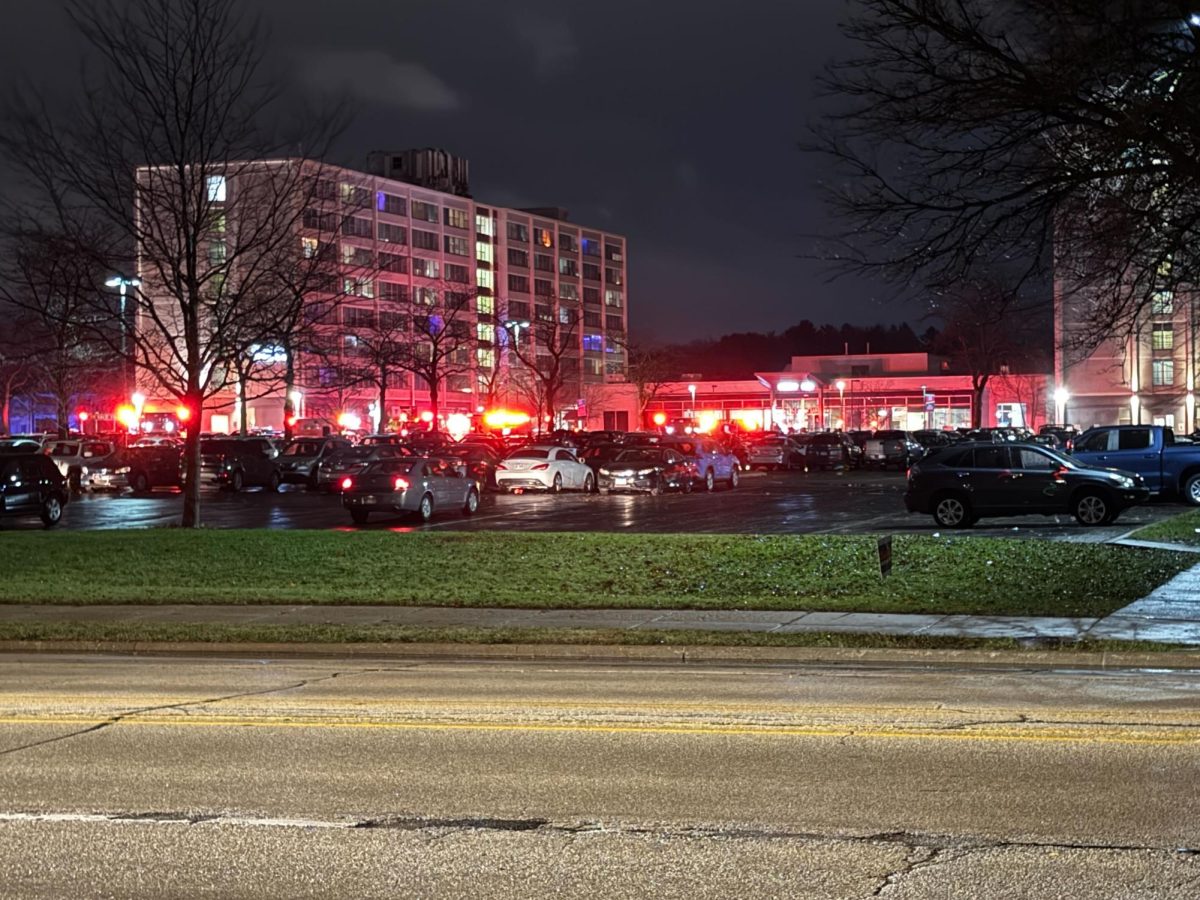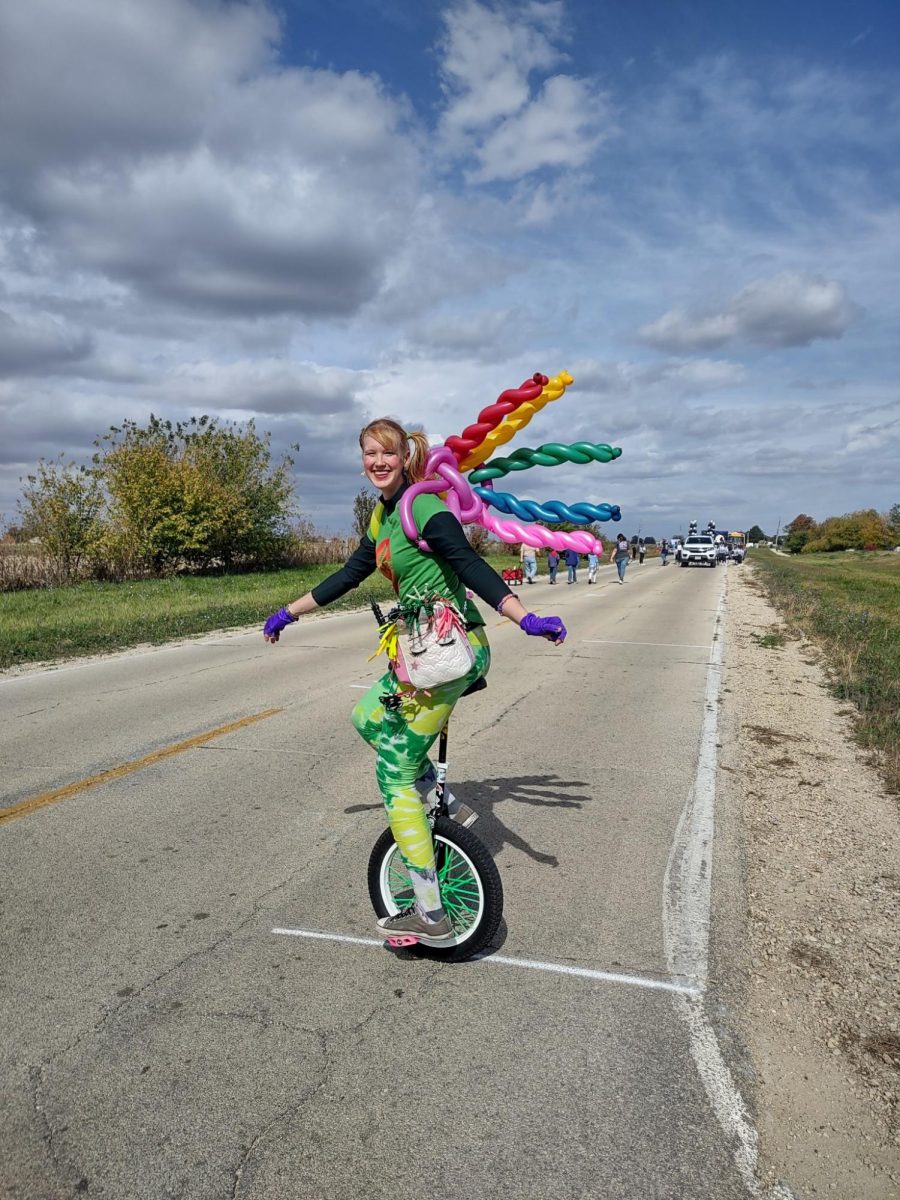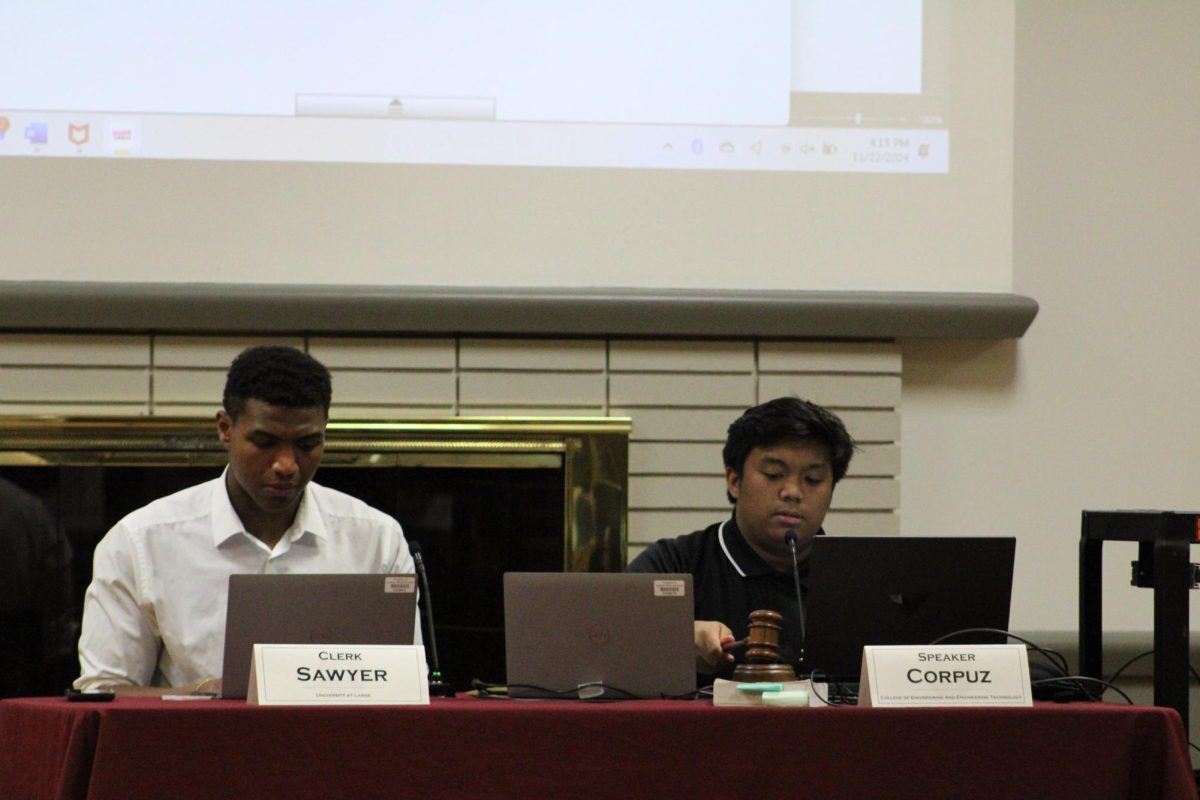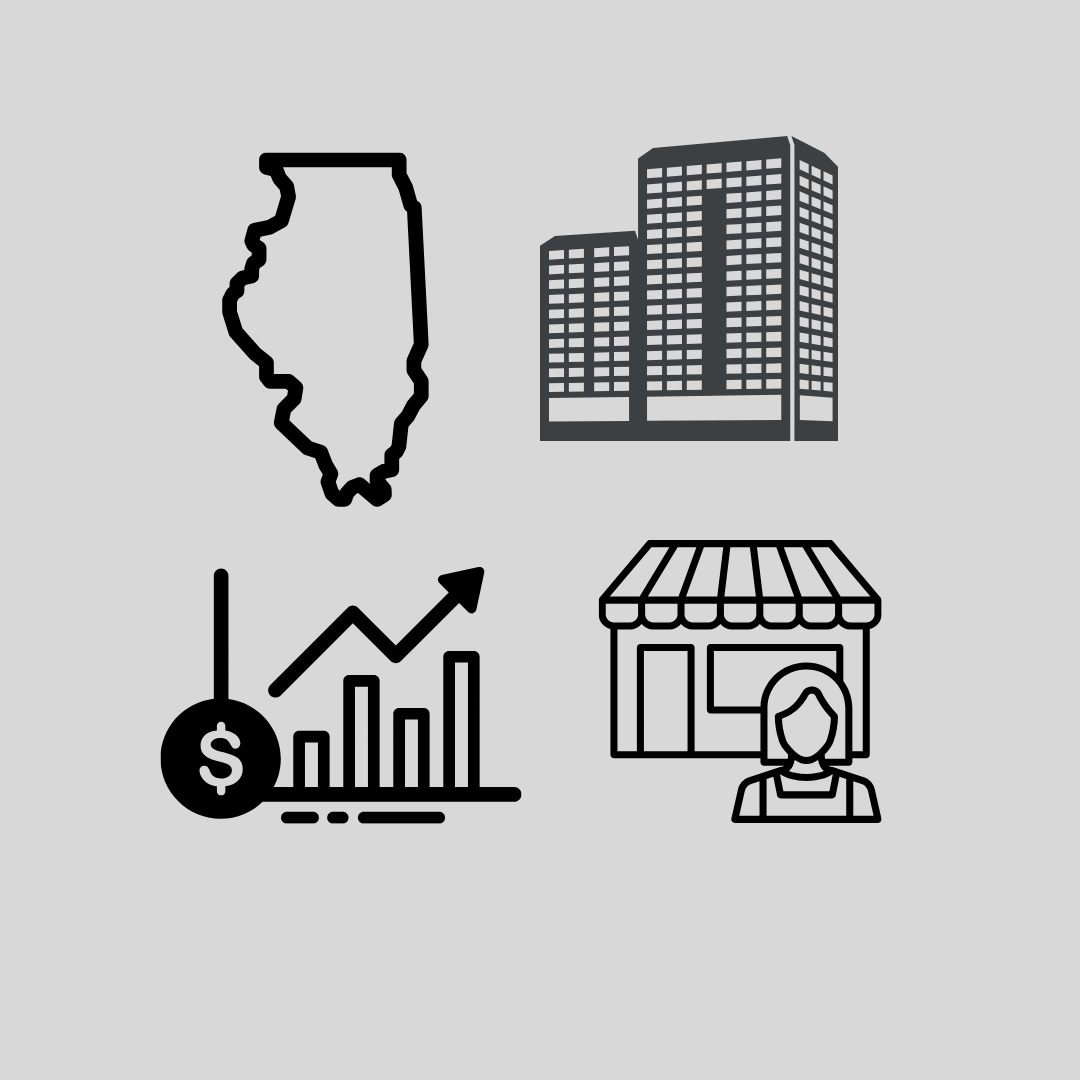DeKALB – Illinois is attempting to break ground for the rise of psychedelic mushrooms as a form of legitimized therapy.
On Dec. 5, 2022, Illinois House Rep. La Shawn K. Ford prefiled the Illinois Compassionate Use and Research of Entheogens Act (Illinois CURE Act). If passed, the Illinois CURE Act would decriminalize psilocybin mushrooms, regulate psilocybin services and remove the controversial fungus from the list of Schedule I controlled substances.
According to the Illinois Controlled Substance Act, Schedule I and Schedule II drugs are classified as having the highest potential for abuse, addiction and have no legitimate medical use.
Drugs in these categories also carry the harshest legal punishment of any controlled substance, with sentences ranging from a minimum of six years to no more than 60 years per offense and fines that can reach $500,000 or more.
If passed, the bill would expunge criminal records for psilocybin possession cases occurring before Jan. 1, 2024, and Jan. 1, 2026.
“It’s really about ending the prohibition on this drug because we know prohibition has never worked in our society,” Ford said.
Like marijuana, policymakers have argued over the pros and cons of legalizing psilocybin for years.
Supporters advocate the potential therapeutic benefits of using “magic mushrooms” to treat depression, drug addiction, PTSD and a host of other psychological conditions.
Opponents of psilocybin posit that, with a high enough dose, users can experience hallucinations, panic attacks, psychotic-like episodes and potentially harm themselves if left unsupervised.
“We’ve come to the point where we know more about it and have been able to dispel some of the myths surrounding it,” Ford said. “There’s been cases across the country of this drug helping people, but now you have people in academia who are giving credit to the benefits as well, and that is really helpful.”
Currently, the bill is still in the early stages of negotiation and Ford’s focus is on educating members of the General Assembly and the governor’s office about the drug’s benefits, and he hopes to pass the measure by 2024.
“We need 60 members in the (Illinois) General Assembly and 30 members in the (Illinois) Senate to vote for it,” Ford said. “But right now, we still need to educate a lot of our members before we can pass it. We have to understand the reality and the truth about how this drug is helping people and that our bill will only be used in medical settings and not for recreation.”
The Illinois CURE Act would also create the Psilocybin Advisory Board. The board would advise the Illinois Department of Public Health on the recommended requirements, specifications and guidelines for providing psilocybin services safely to the public.
The advisory board would include input and oversight from the governor’s office, the speaker of the house and the president of the Senate. Ford hopes passing the bill will be a bipartisan effort.
A COSTLY TREATMENT
Treatment sessions at licensed psilocybin centers can cost thousands of dollars. Prices at the Eugene Psychedelic Integrative Center in Oregon range from $500 for a single 0.4-gram micro-dose to $3,500 for a single 4-gram session. All sessions are monitored and guided by a licensed facilitator, and clients are not allowed to leave the facility until the experience has ended.
Oregon became the first state to decriminalize psilocybin and legalize its supervised use when it passed Measure 109 in 2020.
The center contends that the high prices are meant to cover the cost of training and certifying employees, security services and insurance premiums. In addition to covering these expenses, the center must contend with U.S. tax code 280E, which prevents businesses from receiving the same tax benefits provided to other businesses if they are dealing with Schedule I and Schedule II controlled substances.
Insurance companies are still debating whether to get on board with the treatment, and Ford is working with non-profit organizations to ease this burden as the costly entry point poses a barrier for those with low incomes.
“It is a major concern that people living in poverty areas will not be able to afford this,” Ford said. “We are working on making sure people of all backgrounds can afford it.”
Even if insurance companies decide to include the treatment for their clients, Ford said the bigger concern is getting programs like Medicaid and Medicare to pick up the tab for low income clients.
“When they start to see how it can save them money as it relates to using this therapy versus using a drug that’s not working and hasn’t worked, they’ll see it’s a cost savings to the insurance companies,” Ford said.
Getting insurance companies on board also involves the pharmaceutical industry. Unlike many prescription medications, psilocybin has the potential to help people without prolonged use – a conflict of interest for pharmaceutical companies whose profits hinge on the continued use of their drugs.
“The question is, will the pharmaceutical industry get on board?” Ford said. “That industry is one we will have to negotiate with.”
Although it is still too early to speculate how much tax money the bill could generate for the state, Ford and state agencies are discussing how best to use the potential money.
“We need to continue to study and learn how much revenue can be generated and then agree on how the funds should be used,” Ford said. “With the money coming from cannabis, people still don’t agree it should be used the way it is, and we don’t want conflict.”



